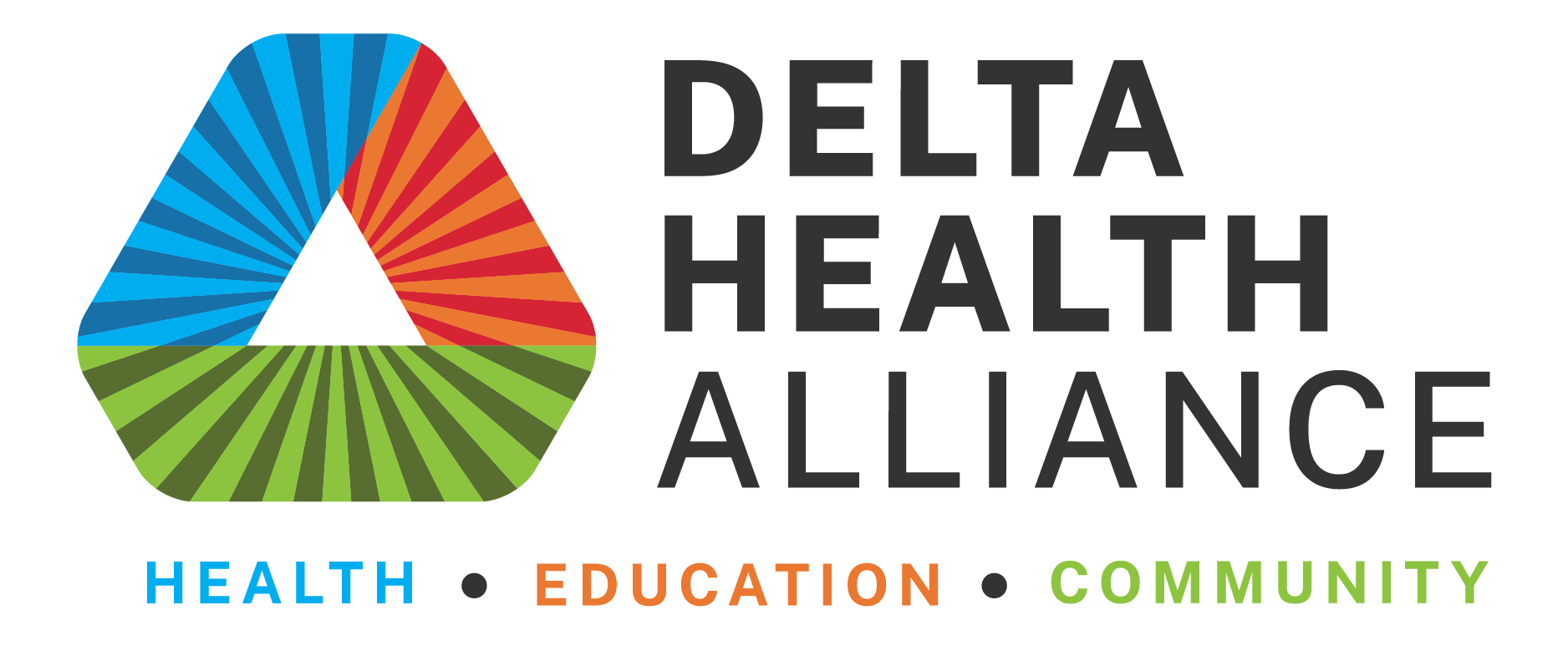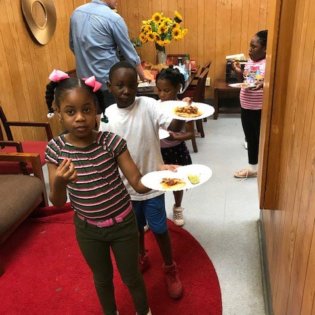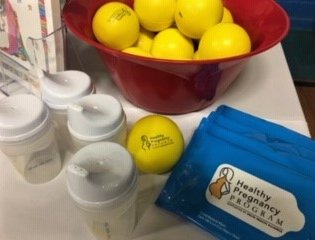Ryan Betz envisions a day when as much as 15 percent of the food served in Hollandale, Leland, and Shaw public schools is coming from local gardens and farmers.
“We’re still a long way off, but we have to take small bites to get to where we want to be,” said Betz, a certified gardener and Delta EATS project coordinator for the Delta Health Alliance (DHA). “It all starts with planning to be able to build a network that achieves our goals.”
Delta EATS, or Edible Agriculture Teaching Students – a network of school gardens supported by DHA – received a U.S. Department of Agriculture (USDA) grant to develop a community food strategy “through the lens of the farm-to-school program,” said Betz.
As stated by the USDA, the grant will be used to develop “a program to fight food insecurity through developing community food projects that help promote the self-sufficiency of low-income people by increasing their access to fresher, more nutritious food supplies.”
The EATS program has already developed a strong foot-hold in the communities it currently serves through a network of school and community gardens, and connections with local farmers and agriculture programs.
The three school gardens are located at Hollandale’s Sanders Elementary School; Shaw’s McEvans School; and Leland’s Leland Elementary School. A community garden was recently built on the grounds of the South Delta Regional Housing Authority near the Leland Career and Technical Education Center, which has a greenhouse to be used as a hub for seed plants that will be transferred to the other gardens.
Overseen by Betz, the program is also supported by AmeriCorps-FoodCorps members, the U.S. Department of Education, the Whole Foods/Whole Kids Foundation, the Mississippi Farm to School Network, and Lowes. The program has received numerous in-kind contributions and individual and local business donations.
“Ultimately, this is about supplying the food we eat from right here in the community, and getting food services directors in the schools to be open to developing connections with local growers,” said Betz. “I think we’ve sowed the seeds to make that happen. I think we’re becoming a real leader with our classroom education component.”
Each school garden is an outdoor classroom, equipped with a series of garden “rooms” that highlight different uses and functions such as garden entrance space and pathways; raised beds and square-foot classroom labs; and double-dug production bed spaces to produce a higher yield of just a few crop varieties to be used for cafeteria taste tests and cooking lessons.
Delta EATS’s community food strategy has four primary goals:
(1) To meet the food needs an increase self-reliance of low-income families.
(2) To improve coordination and distribution between agricultural and commercial food sectors.
(3) To create innovative marketing activities that benefit farmers, producers and low-income residents.
(4) To plan for long-term solutions and foster an interest in sustainable community-based agriculture among future generations.
“When we put all the pieces together – the school gardens, the cafeterias, the vo-tech center, the local growers, and farmers – we’re going to have a network that fulfills the food supply needs of these communities, resulting in healthier, more educated students and adults,” said Betz.




